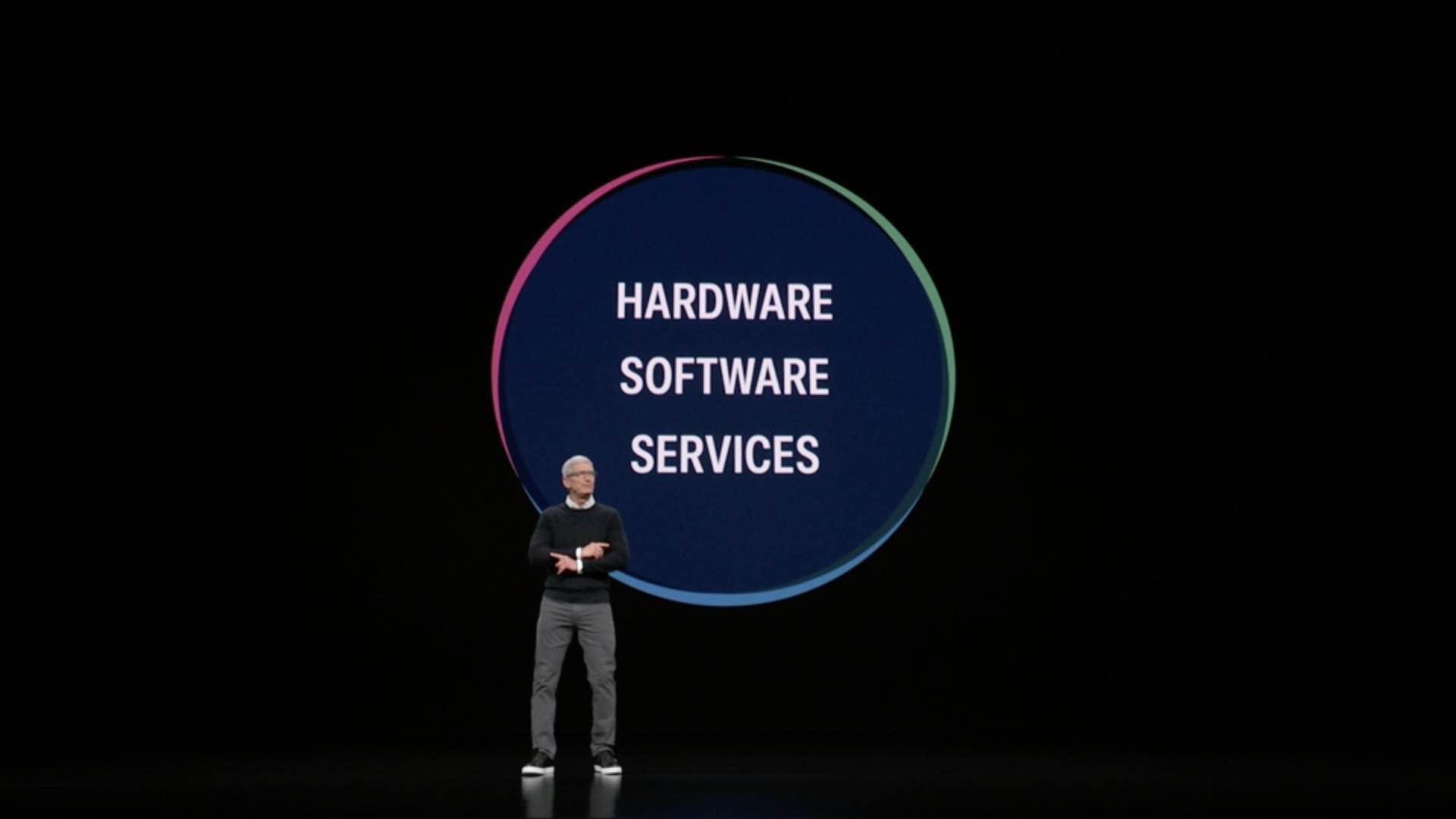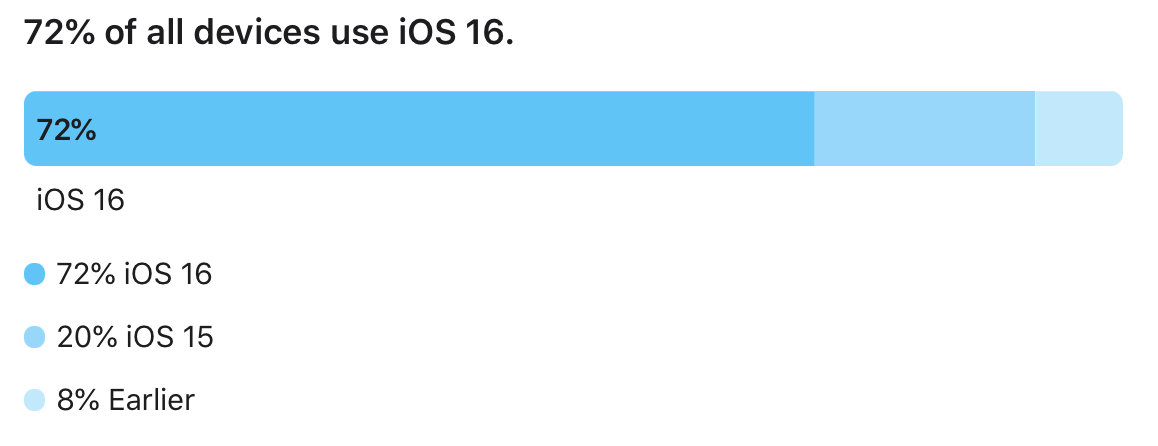Update your Apple devices to a newer software version to continue using the App Store, Maps, Apple TV+ and other services beginning next month.

- What’s happening? Apple’s services, except iCloud, will stop working on older iOS, macOS, watchOS and tvOS versions starting in early May.
- Why care? If your devices run iOS 11, tvOS 11, macOS High Sierra 10.13 and watchOS 4, you will be cut off unless you take action.
- What to do? Update to a newer software version.
Apple services on older OS versions to stop working in May
Leaker @StellaFudge noted on Twitter that starting in early May, Apple services will stop working on devices powered by the following software versions:
- iOS 11 through iOS 11.2.6
- macOS 10.13 through macOS 10.13.3
- watchOS 4 through watchOS 4.2.3
- tvOS 11 through tvOS 11.2.6
As MacRumors notes, @StellaFudge is a source with a proven track record.
As of early May, access to Apple services, with the exception of iCloud, will stop working on devices running:
– iOS 11-11.2.6
– macOS 10.13-10.13.3
– watchOS 4-4.2.3
– tvOS 11-11.2.6
You'll likely receive notification prompting you to update— Stella – Fudge (@StellaFudge) April 5, 2023
These findings are backed by Apple itself.
What percentage of people are on older OS versions?
Apple’s support document acknowledges that many services, except for iCloud, will stop working on older OS versions. “Some older software versions will no longer support Apple Services like the App Store, Siri and Maps,” it reads. “Update your software to the latest available version to continue using these services.”
The company says folks on older OS versions may receive a push notification warning them that their software version will no longer support Apple services.

Apple offers many services, and the source claims that all services will be affected on older devices without saying why. It could be a security move on Apple’s part because forcing people to abandon older OS versions is one way to ensure everyone has the latest security protections.
Be that as it may, the move shouldn’t affect a large proportion of Apple’s user base. According to Apple’s statistics, less than eight percent of iPhones used in the wild were running iOS 14 or older as of February 2023.